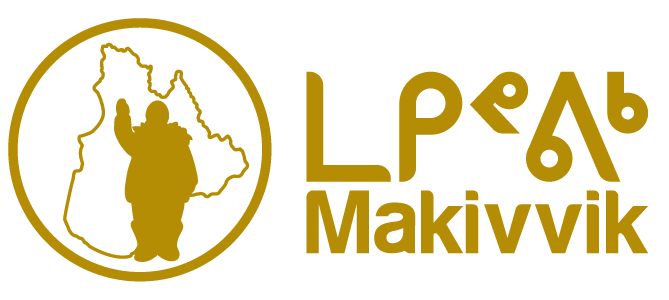PRESS RELEASE
October 02, 2020 – Kuujjuaq, Nunavik – On September 28, Joyce Echaquan, member of the Atikamekw Nation of Manawan, Quebec, was hospitalized in nearby Joliette. In extreme pain, she began livestreaming her ordeal on Facebook, recording two nurses hurling racist slurs at her as she was dying. The horrible incident has triggered a coroner’s inquest and a statement from Quebec Premier François Legault.
To Inuit of Nunavik, this incident echoes some of their own experiences. It demonstrates the widespread racial hatred that persists in parts of Quebec and Canada. “Inuit are sometimes afraid to go to a hospital for treatment fearing harassment by health care providers,” says Charlie Watt, President of the Makivvik of Nunavik. “The gap between Aboriginal people and non-Inuit is growing, and we have to stop it before it goes completely out of control.”
The death of Ms. Echaquan, mother of seven, came exactly one year after the Viens Commission tabled its scathing report on racism against Indigenous people in Quebec.
Meanwhile, Makivvik is negotiating with the Federal Government on creating a Nation-to-Nation self-determination regime for Nunavik and similar plans with Quebec to negotiate an Inuit Legislative Assembly in Nunavik.
“I am calling on Prime Minister Justin Trudeau to end colonialism in this country; he can do it,” says Mr. Watt. “We need to get to the core of systemic racism and the colonialist rule that has dominated Canada for hundreds of years. Our governments are not dealing with the poison that is still killing indigenous citizens.”
-30-
Contact:
Carson Tagoona
Director of Communications
Makivvik
ctagoona@makivik.org
www.makivik.org
Makivvik is the land claims organization mandated to manage the heritage funds of the Inuit of Nunavik provided for under the James Bay and Northern Québec Agreement. Makivvik’s role includes the administration and investment of these funds and the promotion of economic growth by providing assistance for the creation of Inuit-operated businesses in Nunavik. Makivvik promotes the preservation of Inuit culture and language as well as the health, welfare, relief of poverty, and education of Inuit in the communities.

